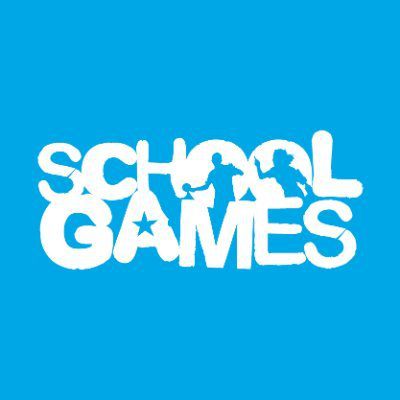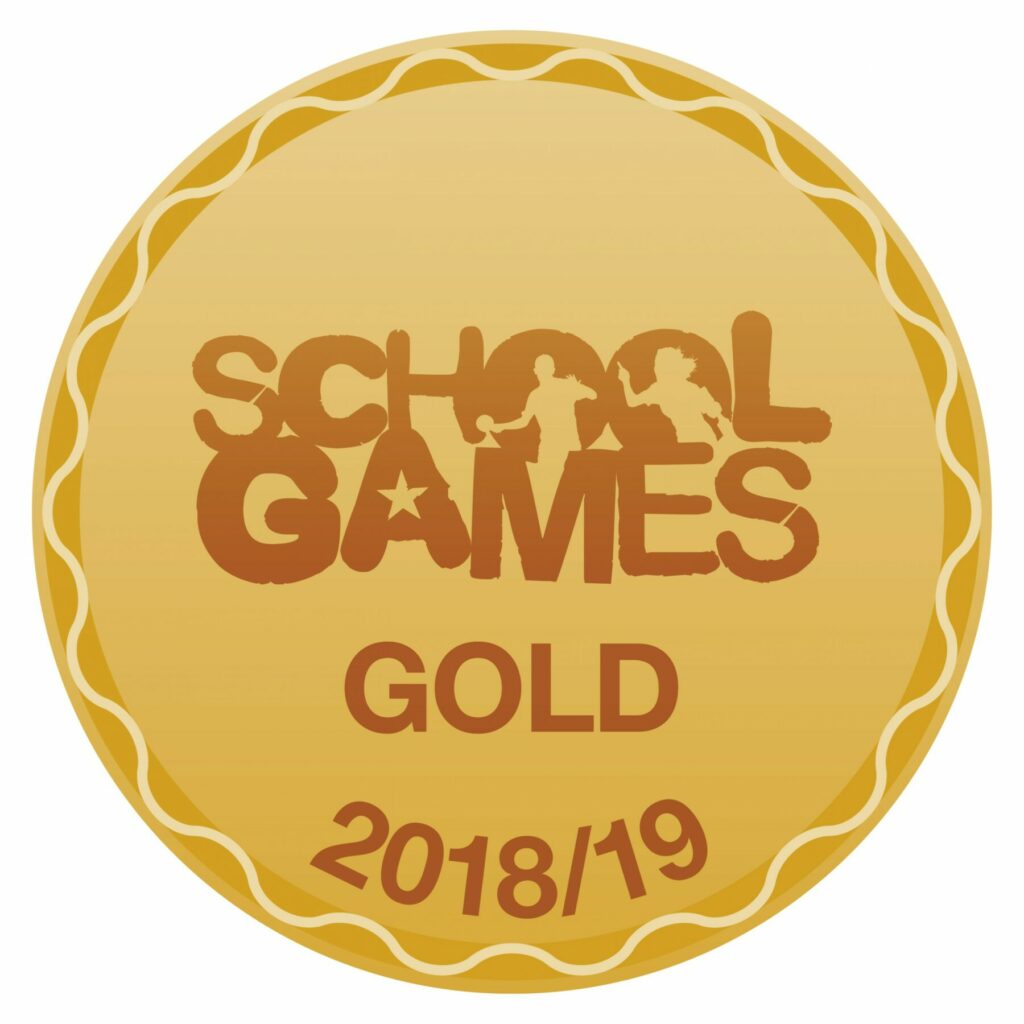Pupils are taught to apply and develop a broader range of skills, learning how to use them in different ways and to link them to make actions and sequences of movement.
They are taught to enjoy communicating, collaborating and competing with each other. They develop an understanding of how to improve in different physical activities and sports, learning how to evaluate and recognise their own success.
Pupils are taught to:
– use running, jumping, throwing and catching in isolation and in combination
– play competitive games, modified where appropriate [for example, badminton, basketball, cricket, football, hockey, netball, rounders and tennis], and apply basic principles suitable for attacking and defending
– develop flexibility, strength, technique, control and balance [for example, through athletics and gymnastics]
– perform dances using a range of movement patterns
– take part in outdoor and adventurous activity challenges both individually and within a team
– compare their performances with previous ones and demonstrate improvement to achieve their personal best.







